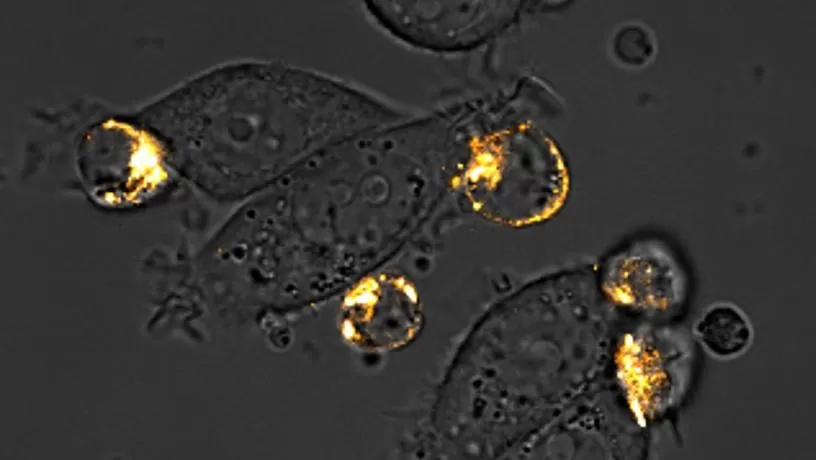2023-10-12 ミシガン大学
◆労働ミツバチは女王ミツバチのフェロモンにさらされると、自分の卵巣を無効にし、フェロモンを他の労働ミツバチに広め、女王と彼女の卵に世話をし始めます。この行動は利他的と見なされ、女王が子孫を生む能力に利益をもたらします。そして、この研究は、どの親から特定の遺伝子を受け継ぐかが、その遺伝子の行動に影響を及ぼすことを示しました。特に、遺伝子は母親から受け継いだ場合にのみ利他的な行動を引き起こすことが明らかになりました。これにより、遺伝子の受け継ぎ方が遺伝子の振る舞いに影響を与え、昆虫の遺伝子の表現を研究するための新たなアプローチを提供するものです。
<関連情報>
- https://www.psu.edu/news/agricultural-sciences/story/honey-bees-may-inherit-altruistic-behavior-their-mothers/
- https://onlinelibrary.wiley.com/doi/full/10.1111/mec.17145
対立を超えて:ミツバチは母親から利他的行動を受け継いでいる可能性 Beyond conflict: Kinship theory of intragenomic conflict predicts individual variation in altruistic behaviour
Sean T. Bresnahan, David Galbraith, Rong Ma, Kate Anton, Juliana Rangel, Christina M. Grozinger
Molecular Ecology Published: 25 September 2023
DOI:https://doi.org/10.1111/mec.17145

Abstract
Behavioural variation is essential for animals to adapt to different social and environmental conditions. The Kinship Theory of Intragenomic Conflict (KTIC) predicts that parent-specific alleles can support different behavioural strategies to maximize allele fitness. Previous studies, including in honey bees (Apis mellifera), supported predictions of the KTIC for parent-specific alleles to promote selfish behaviour. Here, we test the KTIC prediction that for altruism-promoting genes (i.e. those that promote behaviours that support the reproductive fitness of kin), the allele with the higher altruism optimum should be selected to be expressed while the other is silenced. In honey bee colonies, workers act altruistically when tending to the queen by performing a ‘retinue’ behaviour, distributing the queen’s mandibular pheromone (QMP) throughout the hive. Workers exposed to QMP do not activate their ovaries, ensuring they care for the queen’s brood instead of competing to lay unfertilized eggs. Due to the haplodiploid genetics of honey bees, the KTIC predicts that response to QMP is favoured by the maternal genome. We report evidence for parent-of-origin effects on the retinue response behaviour, ovarian development and gene expression in brains of worker honey bees exposed to QMP, consistent with the KTIC. Additionally, we show enrichment for genes with parent-of-origin expression bias within gene regulatory networks associated with variation in bees’ response to QMP. Our study demonstrates that intragenomic conflict can shape diverse social behaviours and influence expression patterns of single genes as well as gene networks.


